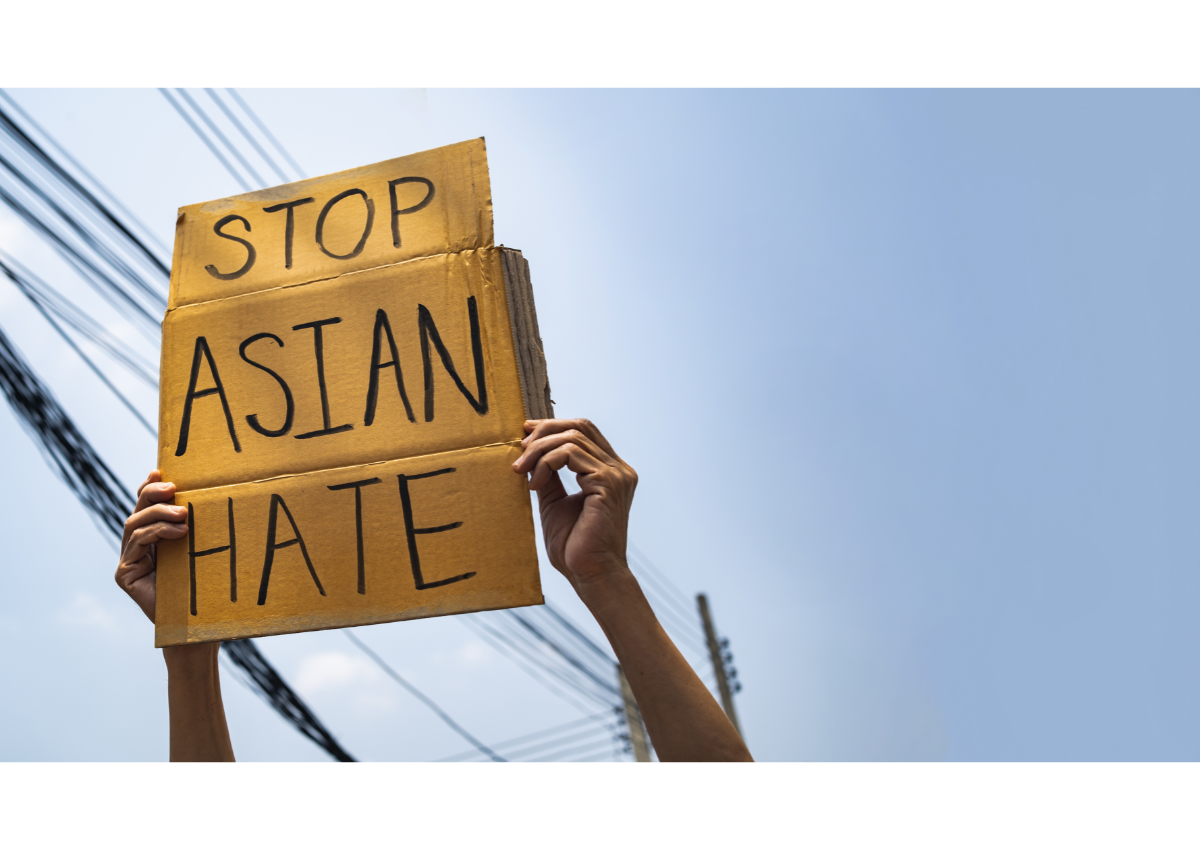With anti-Asian hate skyrocketing in recent years, helping AAPI communities respond to discrimination is more crucial than ever.
In response, Asian Americans Advancing Justice Southern California (AJSOCAL) and Asian Americans Advancing Justice (AAJC) have created the Asian Resource Hub — a searchable national directory of AAPI community data, incidents of anti-Asian hate and AAPI-serving organizations offering social services, legal aid, mental health support, civic engagement and policy advocacy.
How the hub started
“In the height of the pandemic, we did a community survey of anti-Asian hate here in the San Gabriel Valley area of LA, and we discovered that the majority of AAPI community members did not feel there was support for those experiencing racial discrimination and harassment,” said AJSOCAL Chief Executive Officer Connie Chung Joe at a Thursday, February 29 Ethnic Media Services briefing where panelists explained how the hub works.
Even where counseling and other aid did exist, many community members weren’t aware of how to find or use them due to language barriers. While the Asian Resource Hub is the first of its kind as a free national digital resource, as of this month it’s also available in Korean, Vietnamese and simplified and traditional Chinese.
Throughout 2024, Asian Resource Hub staff hope to expand its current language offerings to include translations in languages including Hindi, Teymur and Tagalog.
“Over the past few years, as our community has suffered the collective trauma of the Atlanta spa shootings, the Indianapolis shooting, the back-to-back Monterey Park and Half Moon Bay shootings and so much more violence, we knew we could not wait for the next tragedy to occur without addressing this gap” through the hub, Joe explained.
Between 2020 and 2021 alone, reported anti-Asian violence in the U.S. increased by 339%, according to the Center for the Study of Hate and Extremism. Furthermore, most hate crimes and incidents are never reported.
AJSOCAL and AAJC came together with leaders from Microsoft to create the hub not only as a culturally and linguistically accessible place for AAPI community members to turn to “amid surging hatred,” but as “an exploration of anti-Asian hatred that uniquely combines data from FBI-reported and locally-reported hate crimes, as well as public and nonprofit sources, to bring the impact of hate on Asian populations to life through visualizations, graphics, charts, photographs, maps and pop-up text stories,” said Joe.
Visualizing the impact of anti-Asian hate
“To talk about the hub is to remember what we all witnessed in 2020 and beyond, as the surge in COVID led to a surge in anti-Asian violence. It felt like a constant barrage of stories of Asian people being attacked verbally, physically or mentally,” said Merisa Heu-Weller, General Manager of Innovation and Society at Microsoft.
“Personally as a third-generation Japanese American, the hub epitomizes my vision of using data and technology to protect fundamental human rights,” she added.
“Too often these stories of the impact of Asian hate went untold or were not told with our communities’ perspectives in mind,” said AAJC President and Executive Director John C. Yang.
“In the face of dramatically increased anti Asian hate incidents since 2020, when we are seeing our elders attacked, we’re seeing our peers hurt. We’re seeing our community members afraid to walk outside. We wanted to allow people to understand our community in a different way through this directory,” he continued.
This directory took the form of “storytelling medium to better illustrate the facts about the AAPI population and the hate they face,” said AJSOCAL Senior Research Analyst Steven Zhang.
Timelines in the directory, for instance, examine key policies, events and personal narratives related to anti-Asian discrimination — from the Chinese Exclusion Act of 1882, to inflammatory rhetoric by policymakers throughout history, to more recent instances of and responses to anti-Asian hate such as pandemic-era violence, the Hate Crimes Act and Stop Asian Hate community protests in cities nationwide.
Community resources
“We always make a distinction between hate crimes and hate incidents,” explained Zhang. “Because a crime is defined as a crime in the criminal statutes as an Assault or Battery, or in the worst cases, murder, many incidents we see in the Asian American community might not rise to the level of a crime in the legislative definition. However, that doesn’t minimize the impact on our community.”
Alongside narrative data highlighting the historical impact of hate on AAPI communities across the U.S. is a national directory of “community-based organizations that offer either free or low-cost direct services to support those experiencing anti-Asian discrimination,” he said.
“Right now, about 100 organizations are listed,” continued Zhang. “Each one has been personally vetted by us or by one of our close partners, to make sure that it’s legitimate and active. We don’t want to send people down a closed door. But it’s an evergreen site intended to be continually built up, so if you know of an AAPI resource or organization that’s missing, please nominate it.”
“What stuck out most to me as I was working on this hub was how innovative and resilient our communities have been in the face of unspeakable hate and violence,” he added. “Most hate crimes and incidents go unreported, and the hub will provide much-needed help to fill that gap during an incredibly difficult time.”
This resource is supported in whole or in part by funding provided by the State of California, administered by the California State Library in partnership with the California Department of Social Services and the California Commission on Asian and Pacific Islander American Affairs as part of the Stop the Hate program. To report a hate incident or hate crime and get support, go to CA vs Hate.





